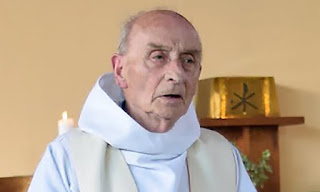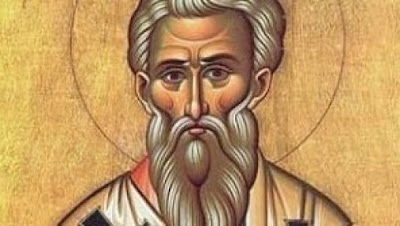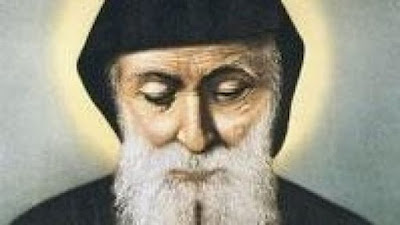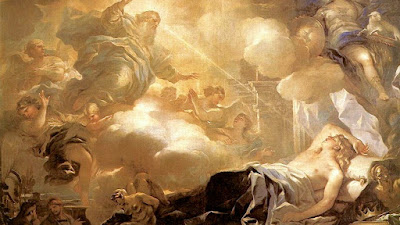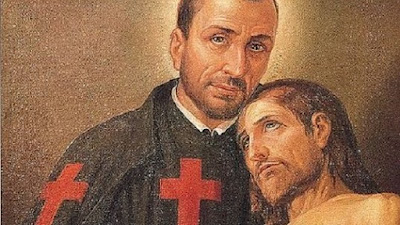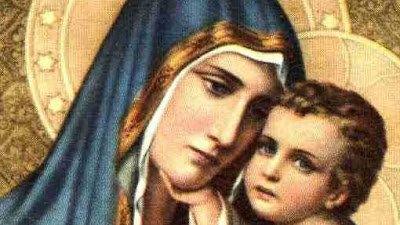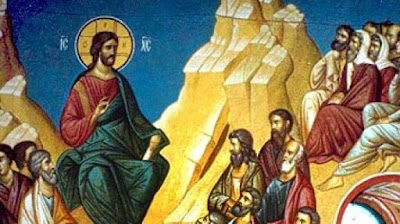Homily for the 18th Sunday in Ordinary Time, August 2, 2020, Year A
Fr. René J. Butler, M.S. La Salette Missionaries of North America Hartford, Connecticut ( Click here for today’s readings ) Isaiah was surely an honest prophet, but he doesn’t seem to have grasped the economic principle of an honest profit. “You who have no money,” he says, “come, receive grain and eat; come, without paying and without cost, drink wine and milk!” Imagine if you owned a restaurant in town, and someone set up a local charity serving the same menu, or maybe even better, and offering it free of charge to one and all. At the very least, you would object that the charity was making a mess of the local economy. Jesus wasn’t helping the local economy either. Surely local farmers and vendors were counting on a banner day when they saw the huge crowds gathered in the area. Earlier in Matthew’s Gospel there is an account of Jesus’ casting out demons from two possessed persons into a large herd of swine. The entire herd ran down into the Sea of Galilee and drowned. When the loc
